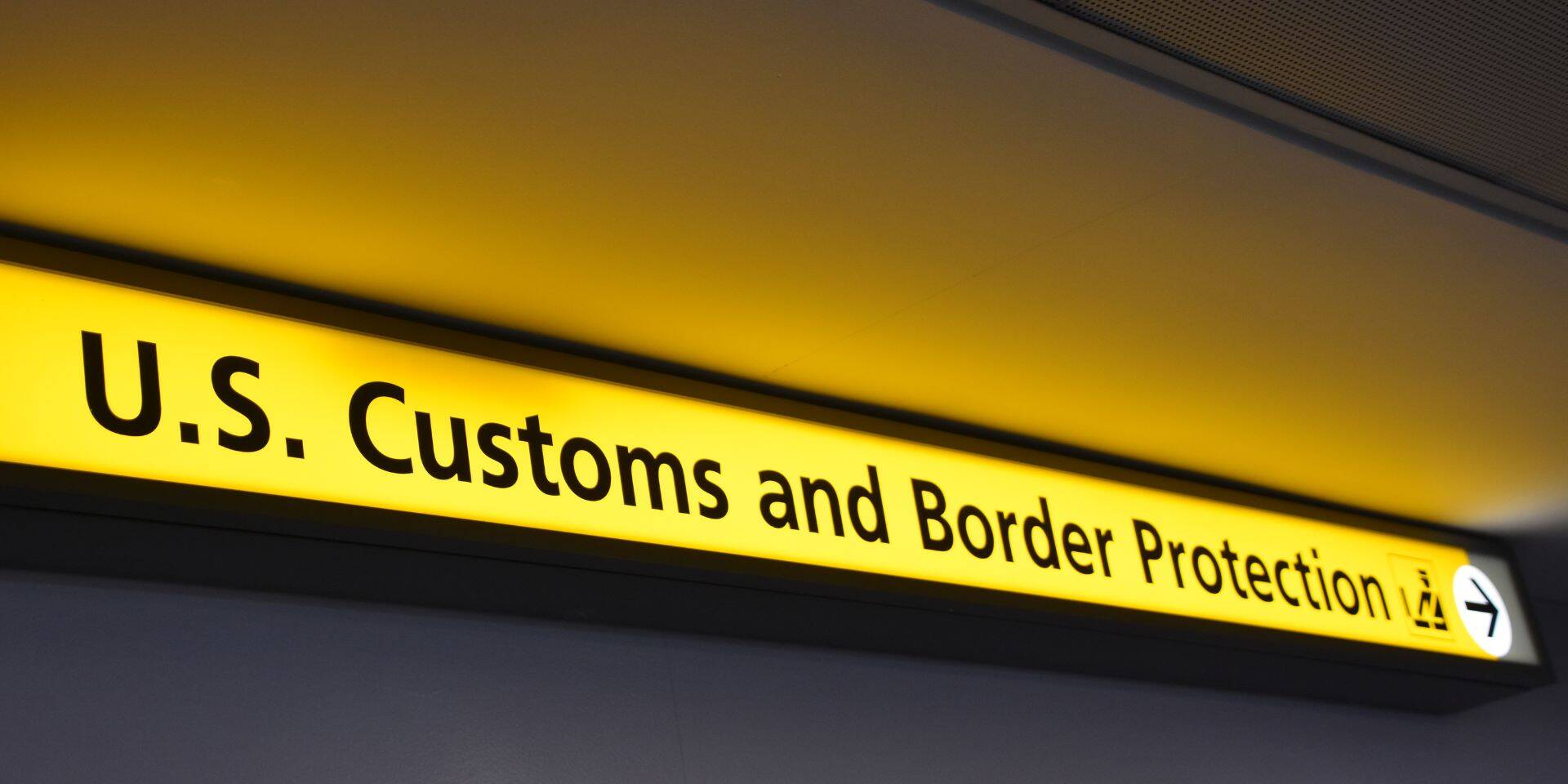The U.S. Customs and Border Patrol (CBP) is seeing higher entrance levels at U.S. ports of entry. As such, wait times have increased. To combat a growing wait time, CBP recommends individuals who require an I-94, Arrival-Departure Record Card, submit the application prior to approaching the U.S. land border.
All individuals who are not included in the below groups require a Form I-94:
- U.S. Citizens,
- Returning Resident Aliens,
- Aliens with Immigrant Visas,
- Most Canadian citizens visiting or in transit.
Individuals requiring an I-94 receive the form during the admission process at their selected U.S. port of entry. For individuals arriving at a land border, CBP suggests submitting the I-94 form in advance of arrival. With this approach, wait times can be reduced.
The following pointers are also encouraged for individuals entering the U.S.:
- Review information on the CBP website. Updates to the site have been made making navigation easy from mobile devices as well as improvements to international accessibility.
- Beat the rush. Consider planning arrivals prior to or post-peak times. Generally speaking, peak times are from 6 a.m. to 3 p.m. Arriving prior to or after these times may reduce the individual’s wait time.
- Know before you go. Visit the CBP “Border Wait Times” web page. The latest information is shown to help individuals plan with current wait times. Keep travel documents handy.
- Review travel documents. Make sure each person has their full and correct set of travel documents easily accessible and ready to provide to a CBP officer.
- Consider the trusted traveler program. For individuals who travel internationally on a frequent basis, visit CBP’s Trusted Traveler Review your options to further streamline U.S. border arrivals.
- Know and declare all contents in your vehicle. For individuals arriving from Canada, travelers are required to declare all items being imported.
- Understand food product requirements. Review the CBP prohibited and restricted items Many food items, including dairy, poultry products, fruits, and meats are prohibited from being imported to the U.S.
- Declare all firearms. For more information on the importation or exportation of firearms and ammunition visit the ATF
- Do not carry marijuana. Although legal in many states and Canada, possession, production, and distribution of marijuana remains illegal under U.S. federal law.
If you have questions about U.S. land border arrivals or any other immigration-related issue, contact us at ILBSG. We continue to actively monitor ongoing updates to immigration policies to ensure our clients get the right advice.
Related Posts
May 8, 2025
Immigration Officials used Criminal Database for Student Visa Terminations
DHS revealed they used the FBI-ran NCIC…
May 5, 2025
Big Tech Provides ICE with New Immigration Tracking Software
Federal officials are teaming up with a…


